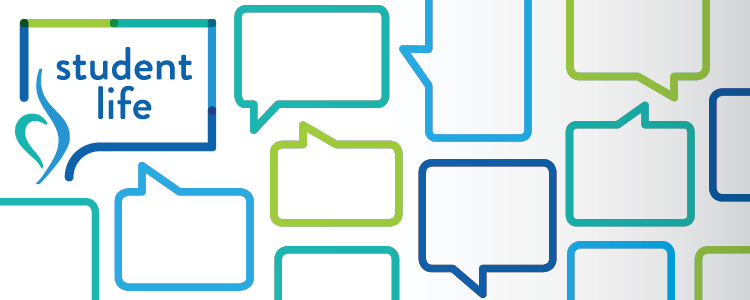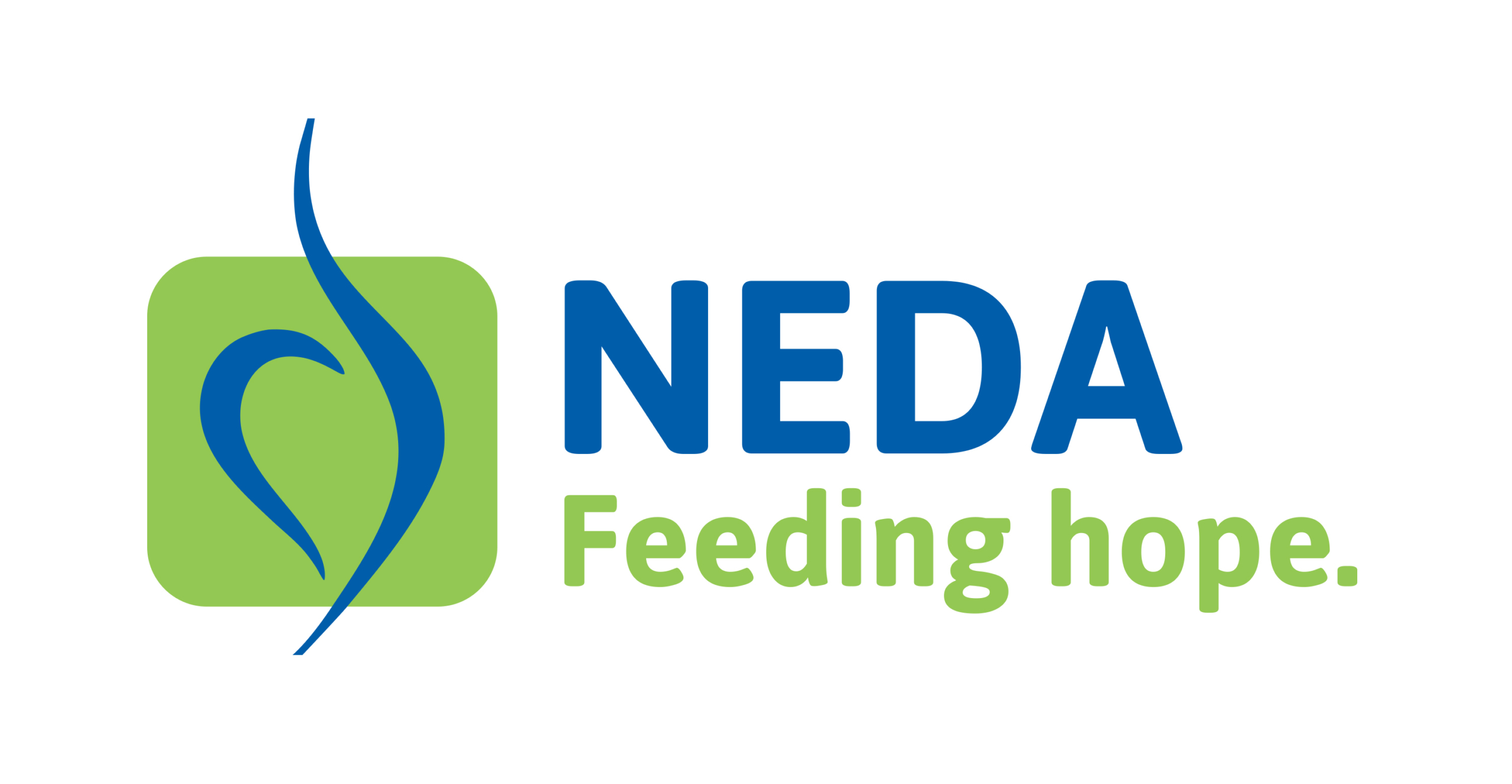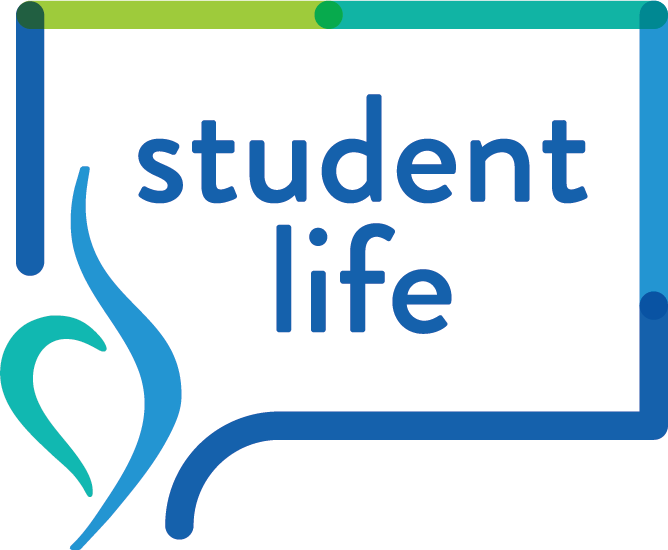Disordered eating is when your food, weight, and/or body size lead to strict eating and exercise habits then threaten your health, safety, and happiness. While most people think they’ve got it under control, these habits can quickly progress and lead to an eating disorder – which can be life threatening – so it’s never too early to talk to someone and ask for help.
Don’t try to do this alone — talking to someone you trust can provide the comfort, support, and direction you need. Opening up can be tough, but these guidelines can help make it easier.
PREPARE YOUR SAFE PLACE
- Find a private, comfortable place away from distractions so that you can talk freely about your concerns and feelings.
- Pick your person. This person should be someone you trust – family and friends can be wonderful resources, but with concerns about eating behaviors, it’s recommended to also speak with a professional counselor and/or nutritionist who specializes in disordered eating.
- Did you know? Talking to professionals can feel less threatening and more objective because they are neutral and familiar with situations like your own.
- Amp yourself up. Once you set aside time with your person to discuss your concerns and feelings, remind yourself that you’re doing the right thing. You may experience fear, anger, embarrassment, but there’s no shame in asking for help.
HAVE THE TALK It’s OK to not be sure of what to say. To help frame your conversation, try answering some these questions:
- When did you begin having different thoughts regarding food, weight, or exercise? What were the thoughts?
- When did the different behaviors start? What was the behavior? How were you feeling at the time? Did you hope to accomplish something specific (e.g., lose weight, maintain weight, gain control of something, get somebody’s attention, see what it was like) in doing this behavior?
- Have you noticed any physical health effects (e.g., fatigue, loss of hair, digestive problems, loss of menstrual cycle, heart palpitations)? Have you noticed any emotional effects?
- How are you currently feeling physically? Emotionally? Do you feel ready to stop the disordered eating behaviors?
- How can the people in your life best support you? Do you want them to monitor your behavior? Do you want them to ask you how you are doing with your recovery or would you rather tell them about it when you’re ready?
- What changes are you willing to make in your life to establish a healthy lifestyle?
Remember: The person you have confided in may not completely understand exactly how you are feeling or the reasons for your behavior. They may demonstrate shock, denial, fear, or even anger. Be patient and remain calm — they may not automatically know the best way to respond and support you, but you can help them learn.
KNOWLEDGE IS POWER Give the person you confide in some information about eating issues and eating disorders that can help them give you the best support. Try to share facts with them that include:
- The prevalence of eating disorders
- The physical and emotional effects of eating disorders
- The steps that are involved in recovery
- Tips on how to best support somebody who is struggling with food, weight, or body image issues
THINGS TO REMEMBER
- Let your person know how they can help and what you need, keeping them informed as your needs change throughout your recovery process
- Remind them that recovery is a gradual process and you will require patience and understanding along the way
- Remind yourself that regardless of the numbers on the scale or the size, shape, and curve of your body, you are a special and unique individual!
Learn more about sharing concerns about your eating issues >
For recovery resources and treatment options, please visit our resource center. If you or someone you know is struggling with an eating disorder, call ANAD’s Helpline at: (888) 375-7767 or the National Alliance of Eating Disorders Helpline at: (866) 662-1235.
If you are thinking about suicide, call or text the National Suicide Prevention Lifeline at 988. In crisis situations, text “NEDA” to 741741 to be connected with a trained volunteer from the Crisis Text Line.







